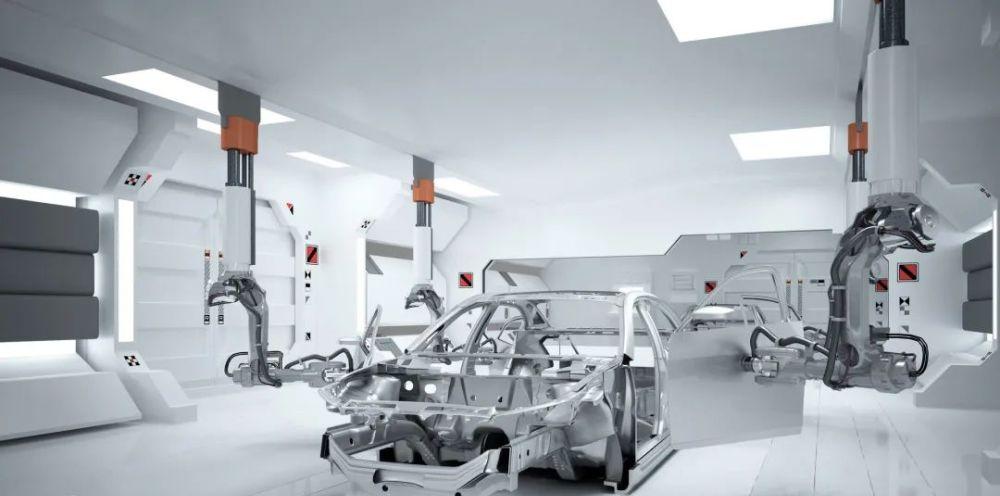According to the latest data from foreign media AutoForecast Solutions (hereinafter referred to as AFS), as of December 19, due to the shortage of automotive chip supply, global automobile production has been reduced by 10.272 million units, and it is expected that global production will be reduced by 11.31 million vehicles in 2021. Among them, the Cumulative Production Cut in the Chinese Market was 1.982 million units, and production is expected to decrease by 2.148 million units for the whole year this year.

In other markets, North America has reduced production by 3.178 million units, which is expected to be reduced by 3.412 million units this year, while the European market has cut production by 2.954 million units and is expected to reduce production by 3.349 million units for the whole year. In the rest of Asia except China, production has been reduced by 1.74 million units, and production is expected to be reduced by 1.952 million units for the whole year.
It is understood that some time ago, Chen Shihua, deputy secretary-general of the China Automobile Association, said that although the current chip supply has eased compared with the third quarter, there is still a significant shortage of individual chips, such as the Muar plant in Malaysia, although the production capacity is restored, but because the factory is fully engaged in the production of ESP chips in the early stage, resulting in a shortage of door controller chips and iBooster control chips also produced by the factory.
In addition, the fourth quarter is the traditional automobile sales season, the main engine factories on the one hand to increase production to meet market demand, on the other hand to prepare for the first quarter of next year, invisibly increased the market demand for automotive chips, Chen Shihua believes: "The shortage situation will continue for a period of time, may continue until the second half of 2022." ”
However, in fact, not all car companies have been affected by the lack of cores.
Toyota Motor Corporation (TMC) of Japan announced its production and sales figures for November 2021 and its cumulative production and sales from January to November (including the results of its subsidiaries Daihatsu Motor Co., Ltd. and Hino Motors Co., Ltd.).
According to the data, global production was 965455 units in November, up 2.8% year-on-year, and achieved positive growth for the first time in four months. Toyota's production was 821329 units, down 0.8% year-on-year, the fourth consecutive month of decline.
Production in Japan was 371511 units in November, down 2.5% y/y, the fourth consecutive month of decline. Toyota's production was 275234 units, down 7.9% year-on-year and down for the fourth consecutive month.
Production outside Of Japan was 6.5% yoy-on-593944 units in November, the first time in four months that production increased positively. Toyota's production 546095 units, up 3.2% year-on-year, and achieved positive growth for the first time in four months.
Overall, although this year was adversely affected by the lack of cores and the new crown epidemic, in the first 11 months, Toyota's cumulative production and sales increased year-on-year, of which sales increased by more than 10%.